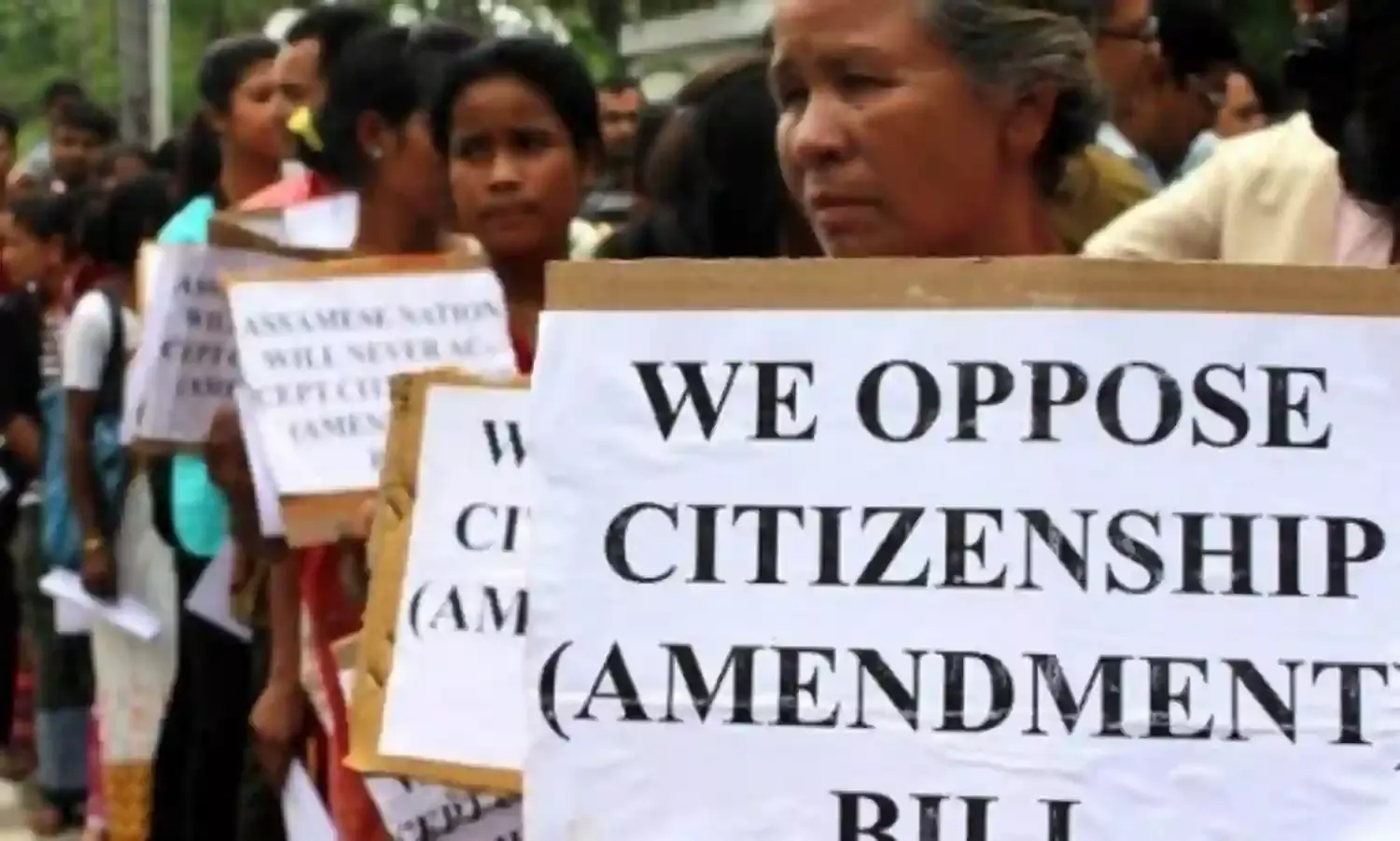Arunachal Opposition Questions Govt Silence On Citizenship Issue
JPC consultations on

ITANAGAR: The controversial Citizenship (Amendment) Bill, 2016, which seeks to give citizenship to Buddhists, Christians, Hindus, Jains, Parsis, and Sikhs from Afghanistan, Bangladesh, and Pakistan who came to India on or before December 31, 2014 has been mostly met with fears and opposition in Assam and Meghalaya. While concerns have been raised by civil society organisations in Arunachal Pradesh, the state government has not voiced its view publicly on recent developments taking place in the region.
A Joint Parliamentary Committee (JPC) headed by BJP MP Rajendra Agarwal is currently holding public hearings in Assam over the Bill and will be in Meghalaya’s capital Shillong on May 10 and 11 to hold talks with representatives from various organisations, including the All Arunachal Pradesh Students’ Union (AAPSU) which has historically opposed the settlement of the Buddhist Chakma and Hindu Hajong people who were settled in parts of Arunachal Pradesh after they fled their traditional homes in the Chittagong Hill Tracts in Bangladesh in the 1960s following the construction of the Kaptai dam and religious persecution.
Recently, there have also been concerns over the government possibly extending government benefits meant for indigenous tribal citizens to Tibetan refugees in the state.
The AAPSU is expected to vocalise its long-standing demand, that the settled refugees not be given permanent residency in the tribal-majority state where some communities number in the few thousands, the alleged silence of the state government has not gone down well with the two principal opposition parties here.
The People's Party of Arunachal (PPA) today said it is “worried over the stoic silence of the BJP government in Arunachal Pradesh regarding its stand on the controversial Bill”.
The only regional party from the state said that while hearings are being held in Assam and Meghalaya, “people of the Arunachal Pradesh do not seem to be aware of its future fallouts”.
A statement from the PPA said that it wanted the BJP state government to “break its silence” as to why the JPC does not have any plans to hold hearings in the state. It said that there is already a “fear” over the settlement of Chakma, Hajong, and Tibetan refugees.
The party said that if the Bill is enacted it could “trigger an existential crises for the indigenous people in the North East” and said that the effect could be felt more in states sharing a boundary with Assam, which it said has “borne the brunt of large-scale illegal immigration from Bangladesh to the extent that disturbing demographic changes are already visible across various districts in the state”.
Echoing similar sentiments, the state unit of the Congress questioned why the committee is not visiting Arunachal Pradesh and alleged that state government here has “not insisted” the JPC to visit the state.
A comment from the state government was not forthcoming on the issue although it has earlier said it has “taken all possible preventive measures to prevent a possible spill over of illegal migrants” from Assam.
Last year, the state government had also opposed the Centre’s decision to implement a 2015 Supreme Court order to grant citizenship to Chakma and Hajong refugees settled in the Northeast.



